For few days, PLAY International (PLAY) had the opportunity to follow Oltalom Sport Association (OSA) on the field. It was a chance to observe and challenge PLAY’s socio-sport contents developed within the European program of social inclusion of refugees and asylum seekers through sport.
But first, let’s start by presenting Oltalom…
It is a large organisation founded in 1986 to help the most helpless. It has schools, kindergarten, refugee shelters, mother shelters, homeless shelters, hospitals. The Oltalom Sport Association, founded in 2005, is a smaller organisation within Oltalom. It does open trainings twice a week, separately for children, teenagers /adults, and women. Anyone can join, but most of the players are refugees, migrants, romas, kids from children's home. During a week, they also do:
- training in a children's home,
- training in a school for kids with special needs
- two trainings in a women's penitentiary for 4 different groups,
- and since the war in Ukraine, separate trainings for refugees from Ukraine.
These days allowed PLAY to observe and challenge 10 PLAY’s sessions, and to exchange with professionals about the use of sport as a tool, about refugees’ situation in Hungary, about PLAY’s contents values, etc. It was a very enriching and relevant visit for both the continuation of the program and the NGO.
Anne Méaux and Alexanne Bardet, representing PLAY International team, met almost the whole OSA team even if they were more with Frigyes Hegyi – sportive coach, and Tímea Turcsik – social worker. Few times after returning to France, another time of exchange between PLAY and Frigyes allowed all of them to come back on this shared experience and to have a reflective return on it.
Anne: “How Oltalom is using sport – in what purpose / goal?”
Frigyes: “We use sport as a tool for integration. Sport can teach useful social, life skills, like teamwork, communication, creativity, perseverance, understanding and respecting rules, learning how to deal with winning and losing, learning about our limits, and how to push them. Regular trainings are also a good free time activity, so they spend their time with something useful and gives structure to their everyday life. But more importantly we are building a community with sport, a community with positive values, with good role models. Kids become friends while playing together and hopefully these important relationships are helping them outside of the pitch too, throughout their life. Sport is a common language in which they can express themselves, show themselves to the world, and get closer to other groups of the society.”
Alex: “About our contents, what have you – as a coach, find interesting in them? In other words, what have decided you to use them?”
Frigyes: “Some of them I found unique, very different from the games that I know. A part of those contents is totally fresh material, not just another version of a game that we are used to do. I am always looking for new materials, to make it varied, fresh for my players and for myself. In a lot, there is some competitive element in it. But it is not like someone who is eliminated and must sit and watch the rest of the game from the outside. Anyone can equally play. They are complex enough which is good, because it is challenging, and interesting for the players. And at the same time, it is simple enough so that everyone can play and enjoy without me regularly stopping the game and correcting some rules. There were a lot of running involved in a playful way, and our players run a lot without complaining. And they also had to think and make some tactics while running. Games are finally flexible; you can add and take out some rules, adapt them freely.”
Anne: “Does OSA have find relevant PLAY’s venue on the ground? Why?”
Frigyes: “Yes, it was inspiring to see you being so dedicated about the games, and so attentive, precise about every detail. It was an exciting and challenging experience to try out so many games in so little time, with different players, under your supervision. I learned a lot also by talking about it. We do a lot of training and play a lot of games every week, but we don't stop very often to think and reflect about them, however this is the base of our work. Also, it was interesting to hear your point of view on what happened during a game which was different from what I experienced from the inside.”
Alex: “Thank you for all those full answers. Now, kind of open question, we would like to know if there is anything else you want to share with us? Things you find important to highlight?”
Frigyes: “Besides all the things listed above, for me, there is 3 very important things that I think we can teach to kids throughout these games, not just your games; it is things I realised after your visit.
One is what we already talked about is this thing to push them a little bit out of their comfort zone. Many can be closed minded, especially the ones who are coming from difficult background. Due to discrimination, traumas, fear of failing, they will say no to a lot of things that is new to them. Learning the rules of a new game, every week, and the tactics of it, experiencing that they can have fun in so many ways, making them playful will also make them open. Which is the key thing to be able to develop and learn as an individual.
The second thing is to make them understand that they have a responsibility in their community, in what happens to them, and it can be learned throughout games. On one side, any game can be useless if the players attitude is joyless or even unsympathetic; and, on another side, any game can be a lot of fun if the players are enthusiastically engaged. What I want them to understand is that we are not a circus presenting them a show which they either like or dislike. If they want to enjoy and develop themself, they must put something into it, no matter what the activity is. The game is just a set of rules, the players are the heart of it.
And the third thing is to teach them that what is important is not to win a game but to play in a way that the others will want to play with you again. In football, it is harder because most of them will have an urge to win due to what they see . But in games like yours it is easier, and it is also a life lesson that you will have opportunities in life if others invite you, and they won't invite you if you want to always beat them and prove that you are better. Working, having friends, is the same thing, you must be someone with whom it is fun to play with. Because life is a series of games, except some are more serious than the others.”
It appears that this visit was relevant for both structures and created strong ties between the two structures. There was a real sharing of experience and knowledge through an upskilling on different tools or practices that exist.

-----------------------------------------------------------------------------------------------------------------------------------------------------------------------------------------------------------------------------------------------------------------------------------------
Programme financé par la Commission Européenne – Agreement number EAC-2019-0529

 FR
FR EN
EN